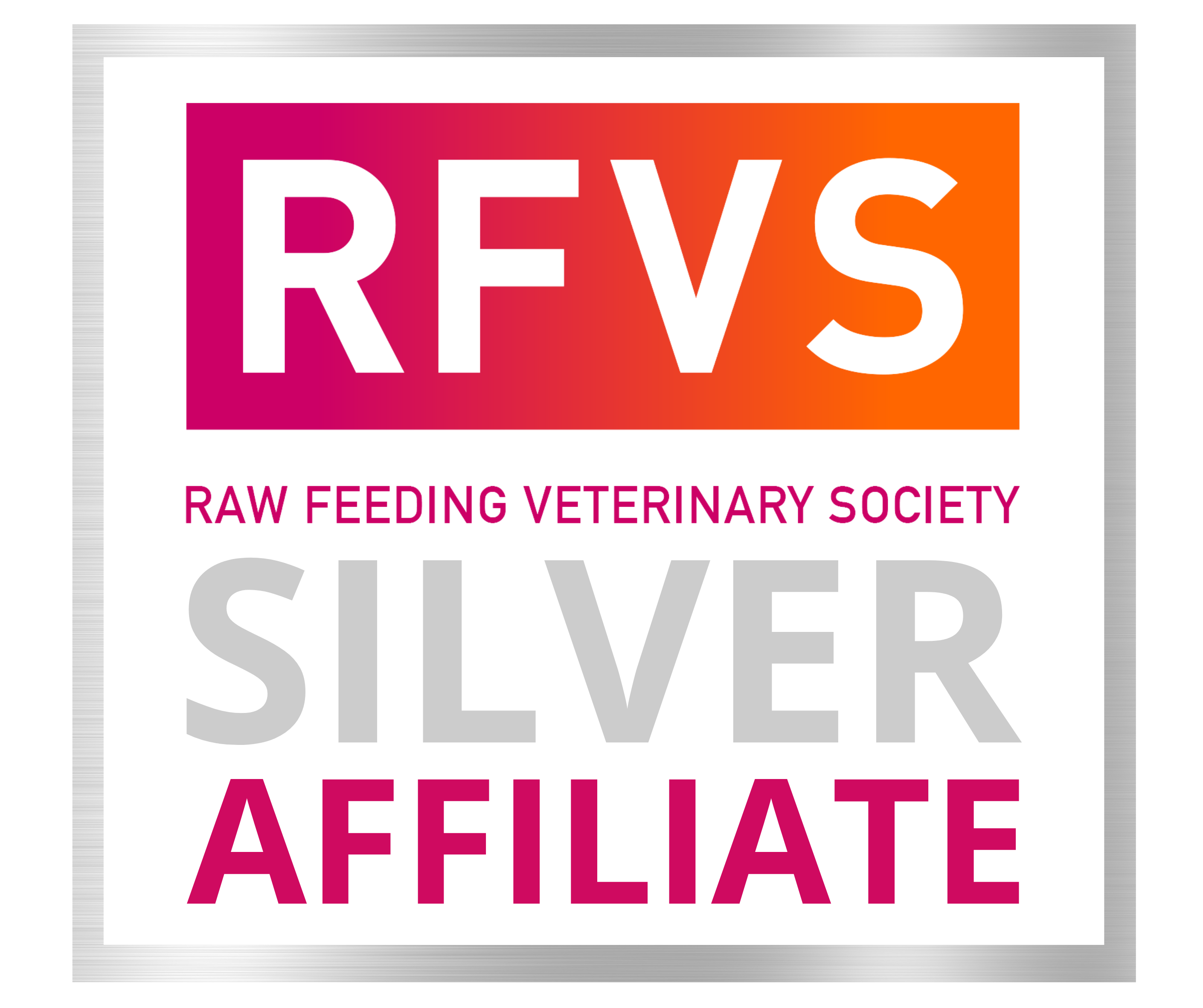Cats and Stress
COMMON SIGNS OF STRESS
- Scratching
- Aggression
- Spraying / urinary problems
- Over-grooming
- Weight changes
Multi-cat households can be challenging for stress management. When cats are made to share the same territory they have some fundamental behavioural requirements that are not always met in a domestic situation.
STRESS TREATMENTS
NATURO PHARM PET-MED DISTRESS SPRAY
Naturo Pharm Pet-Med Distress Spray contains a blend of calming homoeopathic remedies to support pets during times of stress, anxiety and fear.
FELIWAY
Feliway is a synthetic Feline Facial Pheromone which creates a feeling of well-being and mimics the catʼs own ʻscent.ʼ Plug it in for 12hrs away from the cat to warm it up and achieve a consistent smell. Then plug it into a cat-height socket (not blocked by furniture) in the room that the cat spends most of itʼs time.
PET REMEDY
Available as an aromatherapy plug-in diffuser, Pet Remedy is a blend of essential oils and extract that helps calm the nerves of anxious or stressed pets.
SOME SIMPLE STEPS TO REDUCE STRESS
FOOD
Cats prefer not to eat next to their water bowl or litter tray. They are solitary eaters so like to eat alone without being able to see another cat. Multi-cat households would benefit from separate feeding areas. A microchip feeder can secure their food from other household cats or unwelcome visitors.
WATER
Cats naturally never drink water near a food supply so move water bowls away from feeding areas. They prefer to drink running water or from out of large enamel type dog bowls which are full, so their whiskers donʼt touch the sides and they can see the reflection in the water. Small plastic dishes are less suitable as they may taint the water.
TOILET AREAS & LITTER TRAYS
Cats do not like sharing toilet areas, especially when it is has been soiled by another cat. Each cat in a household needs itʼs own litter tray in its own area (not beside each other). They prefer a quiet, private space to dig; plenty of litter; and a large enough tray not to be cramped. You may need to try different types of litter to find your catʼs preference. Avoid scented litter, and keep the tray clean.
SPACE
Cats have large overlapping territories which they tend to ʻtimeshareʼ. Their world is very three dimensional: they like places high off the ground to sleep, hide and observe their surroundings. This is important if they are indoor cats or donʼt like going outdoors, or for multi-cat households so they can get away from each other.
CHANGE
Cats generally donʼt cope well with changes at home (e.g. new furniture, new home, new baby). They like everything to smell the same. If there has been a change, drape worn clothing (with your ʻsmellʼ on it) on the new things or around the house. Gently rub small pieces of cloth over your catʼs face and neck to leave their ʻscentʼ on it, and rub onto surfaces to spread their own smell.
TOYS & HUNTING OPPORTUNITIES
A cat's hunting instinct is separate from its need to eat, therefore play is very important. They can get frustrated if they never get to ʻcatchʼ their prey, so occasionally use toys with treats inside to help satisfy this instinct.
INDOOR / OUTDOOR ACCESS
Cats do not like having their access ways blocked. This may include doors being closed into rooms or hallways, noisy children playing near their bowl, a cat-flap in a busy area, or a ʻbullyʼ cat allowed access to the cat-flap. Cats like to feel in control of their resources and can become stressed if they cannot get to where they want to be. A microchip door can also help your cat feel safer by excluding access to any visitors.
